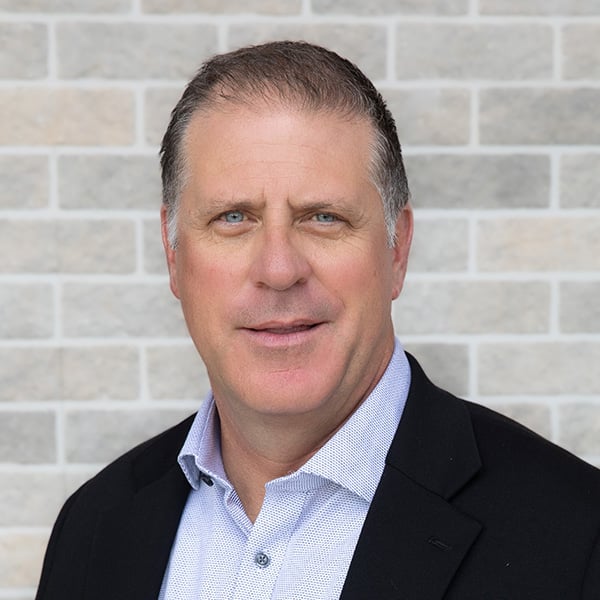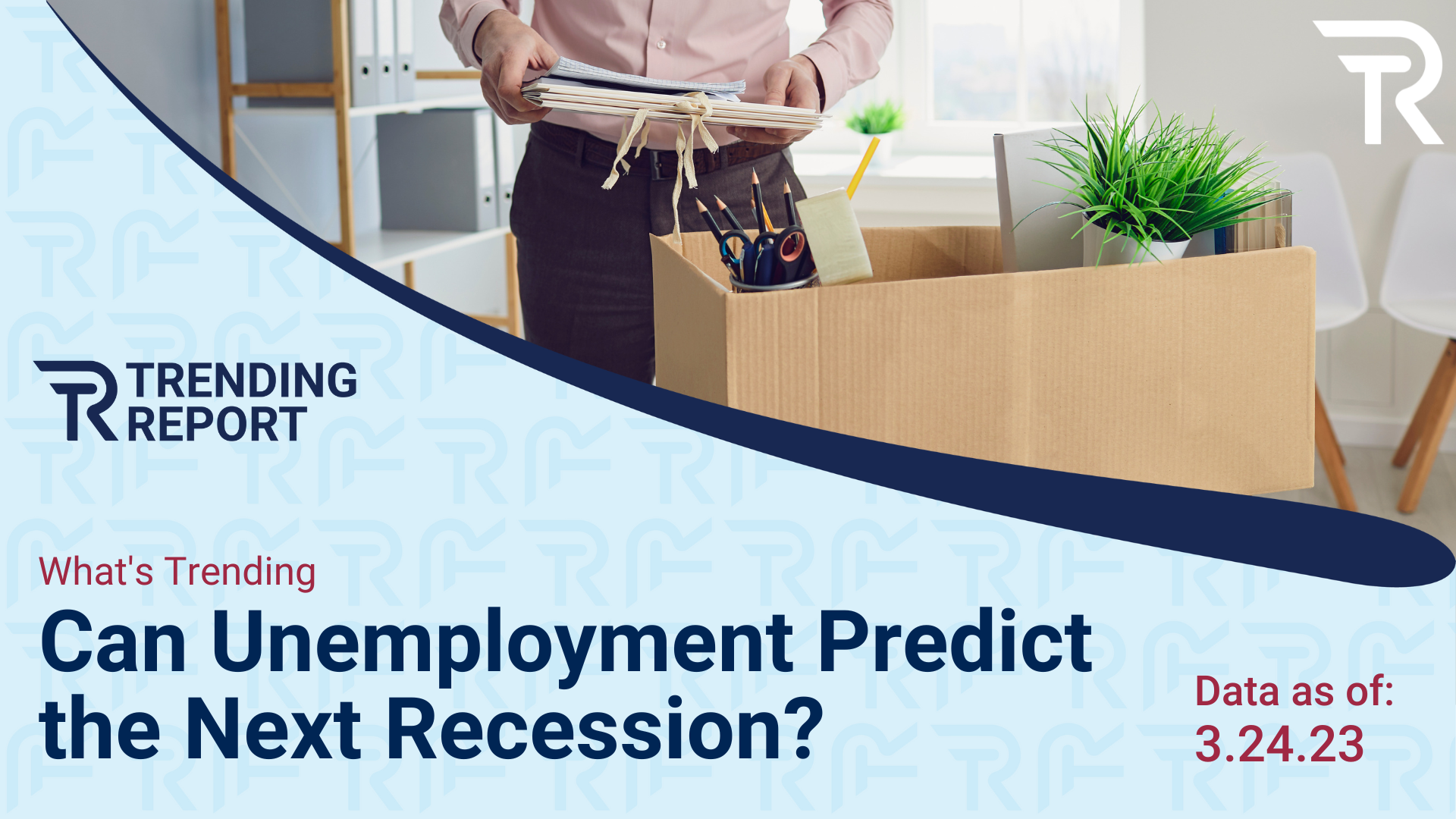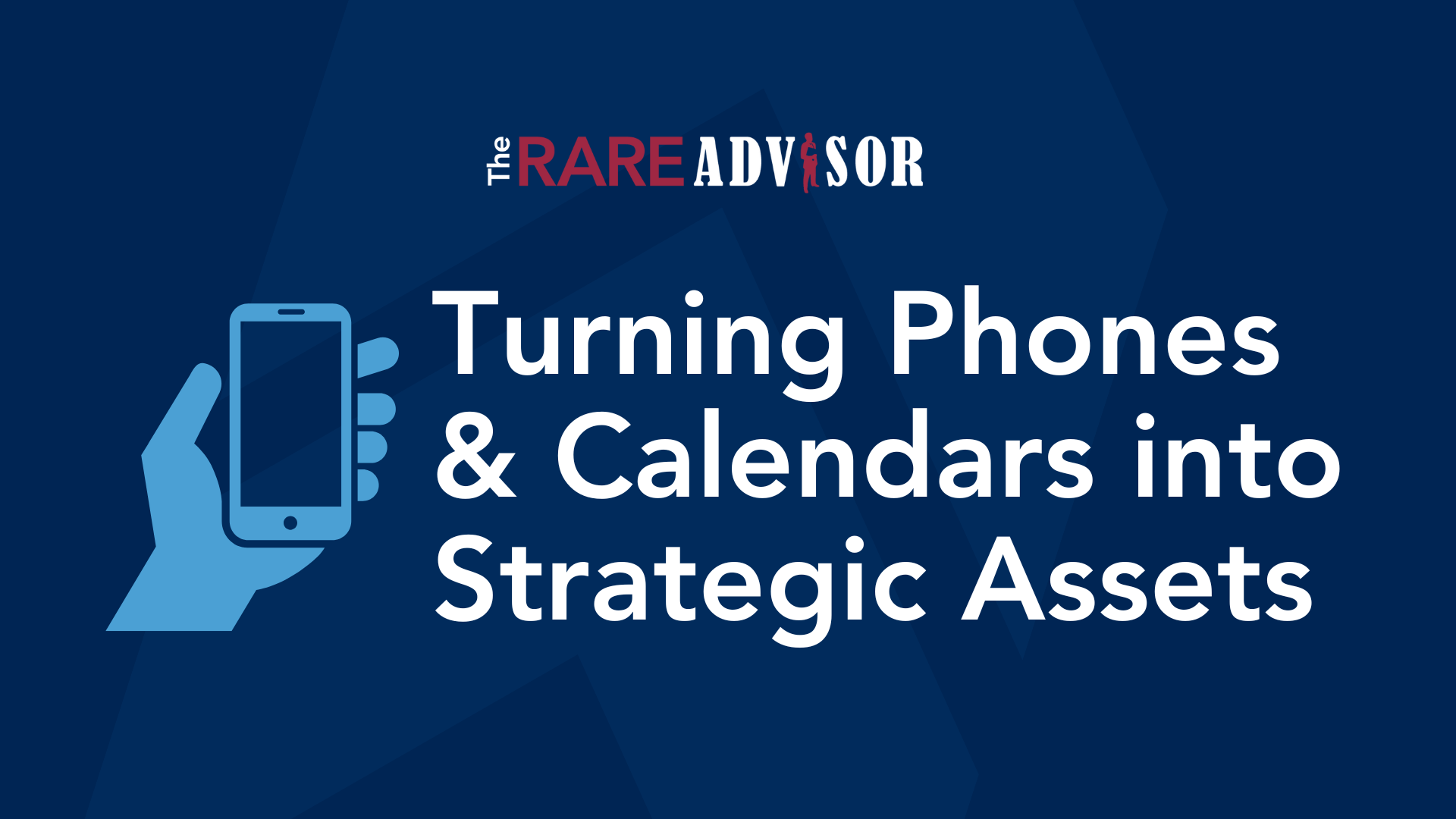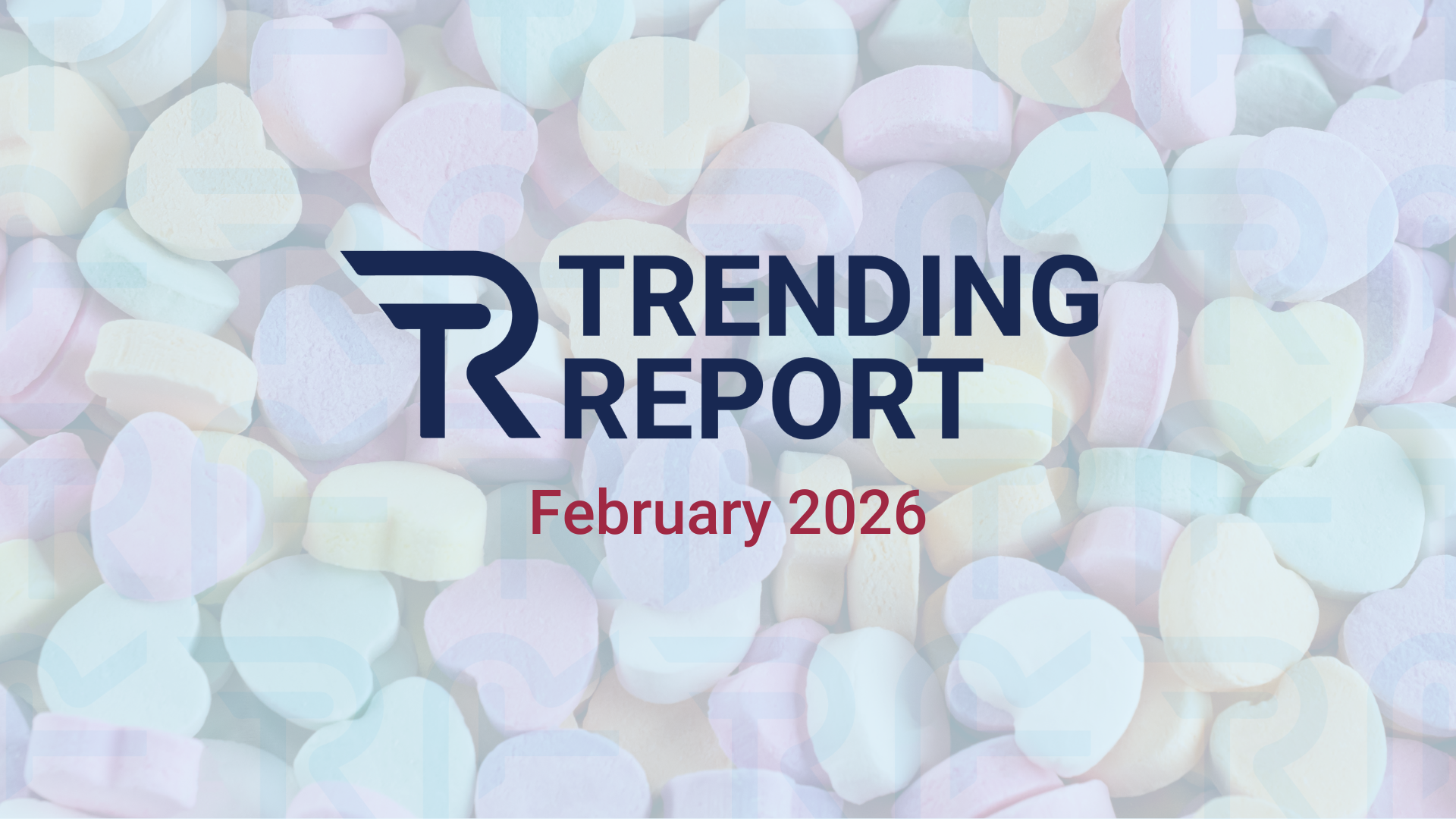Author Info

Mike Walters is the Chief Executive Officer (CEO) of USA Financial, leading the firm since its inception in 1988. Mike is committed to...

It turns out that layoffs, unemployment, and recession have predictive qualities amongst each other, but in a very contrarian sense. In this episode of The Trending Report, we’ll take a closer look at this relationship, as well as how the market is scoring out using data as of 03/24/2023.
The Trending Report is an ongoing video/podcast series with analysis on the market capitalization and market sectors, exploring a time topical trend taking place within the markets and/or economy. This series is published by the investment professionals at USA Financial. Each episode breaks down current trends taking place in two specific categories: market capitalization and sectors.
Market capitalization is the total value of a publicly traded company’s outstanding common shares owned by stockholders. The Trending Report explores the trends developing within the different market cap sizes, which can come in and out of favor as a result of current market and economic conditions. In general, these insights may shed light on the stock market performance of different size companies.
In addition, the Trending Report will explore the momentum taking place within the different sectors of the market. Each episode will explore the movements taking place inside of the various sectors to help investors get a sense for how the market and economy may be impacting stocks sector by sector.
The Trending Report is also published via a podcast for easier, on-the-go listening. Subscribe today via Apple Podcasts, Google Podcasts, or your preferred podcast listening service.
DOWNLOAD:
Visual Reference

Mike Walters is the Chief Executive Officer (CEO) of USA Financial, leading the firm since its inception in 1988. Mike is committed to...

In this episode of The RARE Advisor, host Aaron Grady and practice management consultant Allan Oehrlein continue their discussion on time allocation by exploring what comes next: operationalizing structure across the entire advisory team. They break down why the phone is the “front door” to the firm and the calendar is the “engine room,” and how elite practices use standardized phone scripts, the strategic power of the word “unavailable,” intentional scheduling rules, and team empowerment to build consistency, capacity, and trust. Aaron and Allan outline how designed access—not unlimited access—creates scalability and a stronger client experience, while reducing reactivity, burnout, and advisor bottlenecks. They also offer practical challenges advisors can implement immediately to redesign their phone and scheduling processes in ways that elevate both team culture and enterprise value.

In this episode of the Trending Report, host Tyler Krzciok explores why February is the month when even the most disciplined investment intentions start to slip. After a confident and structured January, many investors begin questioning their strategy as headlines intensify, markets wiggle, and hot themes take over the conversation. Tyler breaks down why old habits reappear, how emotions like love, fear, and FOMO quietly steer decisions, and why formula‑driven processes help clients stay grounded when impulse tries to take over. If you're helping clients maintain clarity in a noisy environment, this episode shows how strong frameworks—not strong feelings—keep investors on track.

In this episode of Financial Advisor Marketing Playbook, Mark Mersman breaks down the real psychological barriers that stop prospects from clicking “book a call” on an advisor’s website—and how small language and design changes can dramatically improve conversions. You’ll learn practical, compliant fixes including softer CTA language, expectation statements, empathy‑based messaging, simplified design, and reassurance techniques that lower emotional friction. If you want a website that encourages prospects to take the first step confidently, this episode delivers actionable guidance advisors can implement immediately.

In this episode of The RARE Advisor, host Aaron Grady and practice management consultant Allan Oehrlein continue their discussion on time allocation by exploring what comes next: operationalizing structure across the entire advisory team. They break down why the phone is the “front door” to the firm and the calendar is the “engine room,” and how elite practices use standardized phone scripts, the strategic power of the word “unavailable,” intentional scheduling rules, and team empowerment to build consistency, capacity, and trust. Aaron and Allan outline how designed access—not unlimited access—creates scalability and a stronger client experience, while reducing reactivity, burnout, and advisor bottlenecks. They also offer practical challenges advisors can implement immediately to redesign their phone and scheduling processes in ways that elevate both team culture and enterprise value.

In this episode of the Trending Report, host Tyler Krzciok explores why February is the month when even the most disciplined investment intentions start to slip. After a confident and structured January, many investors begin questioning their strategy as headlines intensify, markets wiggle, and hot themes take over the conversation. Tyler breaks down why old habits reappear, how emotions like love, fear, and FOMO quietly steer decisions, and why formula‑driven processes help clients stay grounded when impulse tries to take over. If you're helping clients maintain clarity in a noisy environment, this episode shows how strong frameworks—not strong feelings—keep investors on track.

In this episode of Financial Advisor Marketing Playbook, Mark Mersman breaks down the real psychological barriers that stop prospects from clicking “book a call” on an advisor’s website—and how small language and design changes can dramatically improve conversions. You’ll learn practical, compliant fixes including softer CTA language, expectation statements, empathy‑based messaging, simplified design, and reassurance techniques that lower emotional friction. If you want a website that encourages prospects to take the first step confidently, this episode delivers actionable guidance advisors can implement immediately.